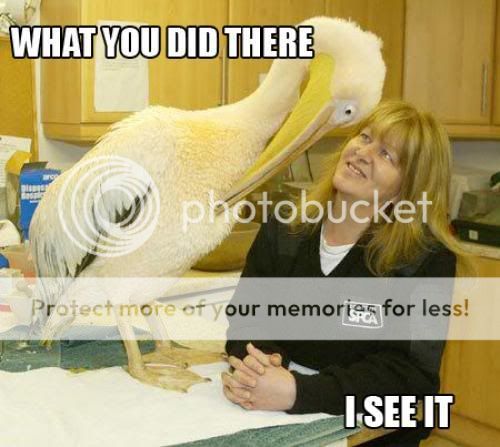My oldest son is 22 years old. Joined the Army at 18, nows a Sergeant, sniper trained, deployed to Iraq for a year, now back on home soil, thank God.
One of his colleagues during his deployment is a gifted writer who blogged about their experiences...their situations...as it happened...
About four months into their one year deployment, despite feeling more connected with my son by reading his day to day experiences, in a land far away fighting a war,
I had to stop reading it.
My son's colleague blogged about how they cleared buildings, not knowing what awaited them around the next corner...in the next room...
My son's colleague blogged about being awakened suddenly in the middle of the night by mortar rounds hitting close to their vicinity...
My son's colleague blogged how he and my son would clandestinely infiltrate a hostile area and lie for hours in secrecy, homing in on their target...
He blogged about taking live fire.
uhhhh dude some a s s h o le was shooting at my SON...not once...not twice...it was kind've normal where they were...to be FIRED UPON
Too much for a father to read. Too many tears of fear. I quit reading.
Current day, my son has reenlisted and being
young, dumb, and full of cum  laugh
laugh ,
, he is actively persuing another deployment. He
WANTS to go to Afghanistan.

Anyway, point of this post is
THANKS, PGG.
For your service in our armed forces.
I
get your sacrifice.
And I'm very appreciative.


